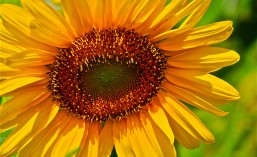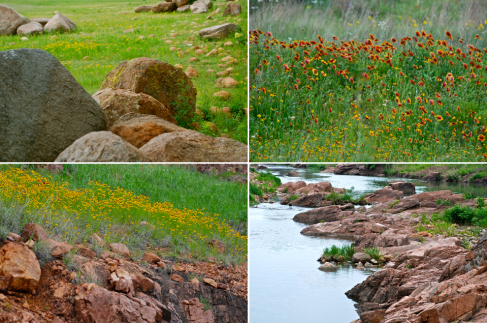This is what it is to be loved and to know
That the promise was that when everything fell
We’d be held.
~Natalie Grant, singer-songwriter
Summer’s seemingly endless “fever heat” has had me caught up in a steamy mire of discontent, but “the glory in the grey” can’t be far away now that August has come to an end. The intense heat and lack of rain will continue to exact suffering a while longer, but soon there will be healing for the land and its inhabitants. Creation doesn’t exist “independently of God” because the Lord doesn’t just “periodically choose to express himself through it.” All of Creation is an ongoing expression of the Almighty as well as a flow of His grace and light. Even under duress, we have been and are still lovingly “held” at the turning of every corner. Rain has been scarce across the entire state, but the thirst of tongues and gardens have been quenched by reservoirs of water. The hum of the bee and the flight of the butterfly have been in short supply, but in food supplies and honey the passion and purpose of their lives can still be tasted. The louder decibels of insect and birdsong have lowered, but ears can yet hear enough of them to warrant singing daily alleluias to the Lord. The few roses that have bloomed soon fry on days too torrid for words, but not before their scents can be discerned, their beauty be admired, and their presence be praised. None of the damage has irrevocably corrupted the divinely-inspired workings of Creation nor has it aborted the continuance of God’s promises.
Your kingdom is an everlasting kingdom, and Your dominion endures through all generations. The Lord is trustworthy in all He promises and faithful in all He does. ~Psalm 145:13 ✝










